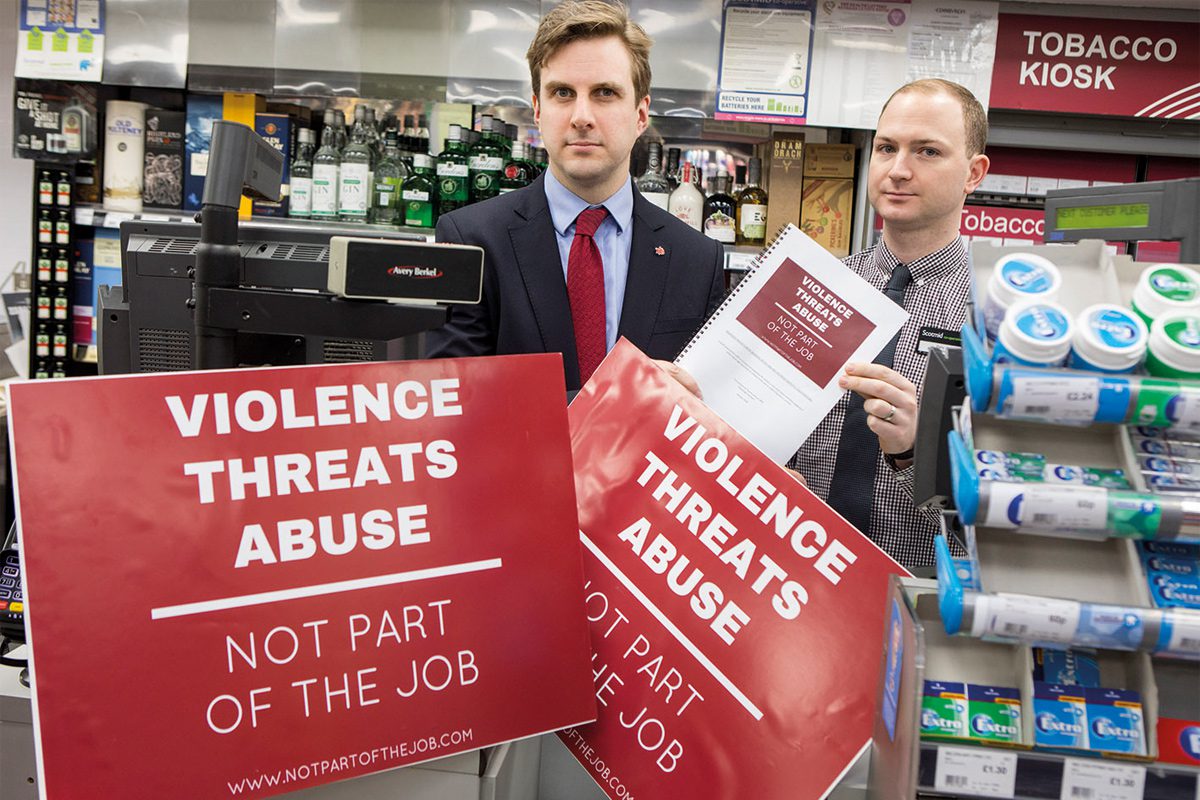Daniel Johnson blasts Police Scotland in letter

LABOUR MSP Daniel Johnson has highlighted the recent rise in retail crime in a letter to the chief constable of Police Scotland.
Johnson, who introduced the Protection of Workers Act 2021 to Scottish Parliament, noted that there have been almost 8,000 reported cases of shopworker abuse or assault since August 2021, when the new Act came into power.
Johnson said: “It is a scandal that so many shopworkers face violence and abuse at work. Workers are too often bearing the brunt of retail crime, and the astounding number of crimes being reported exposes the scale of this crisis.
“The new legal protection offered by my bill was an important step forward, but it must be backed up with a comprehensive plan to prevent these crimes as well as prosecute them.”
Johnson’s letter was co-signed by industry organisations across retail including the Scottish Retail Consortium (SRC), Scottish Grocers’ Federation, The Fed, Usdaw, the Scottish Co-op Party and GMB Scotland.
In response to Johnson’s letter, a Police Scotland spokesperson said: “We are all too aware of the impact crime can have on victims and their families.
“Everyone has the right to go to their place of work and carry out duties without fear of being subjected to violence, abuse or intimidation.
“We want to encourage those employed within the retail sector to come forward and report any criminal activity directed towards them, with the assurance all reports will be thoroughly investigated.”
Further to the letter from Johnson, a ScotGov report has found that shoplifting in Scotland is now up by 30% when compared to last year.
David Lonsdale, director at the SRC, said: “As the number of thefts have risen, driven in part by organised gangs, retailers’ faith that thieves will be caught has diminished. Instead, the focus is on protecting our colleagues from abuse and assault and investing record amounts in theft protection.
“Shoplifting isn’t a victimless crime. Shop workers can be intimidated, and the financial costs are enormous and are ultimately borne by shoppers –in some cases putting prices up.”



















